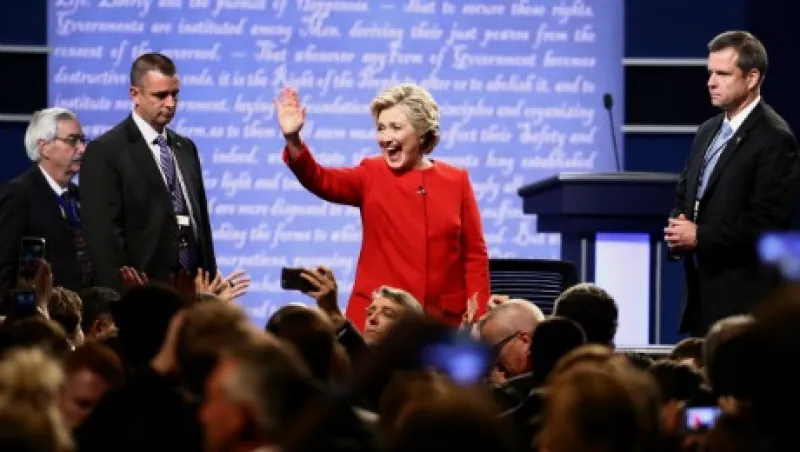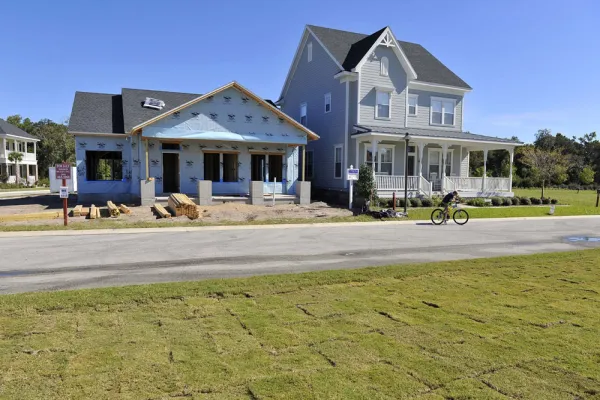The first debate of the 2016 U.S. presidential election cycle, held at Hofstra University on Long Island, was, as expected, highly theatrical. Republican nominee Donald Trump used his trademark aggressive rhetoric that often turned to personal attacks and interruptions. Democratic candidate Hillary Clinton remained more calmly on script, with most analysts concluding that she successfully baited the real-estate magnate into incoherent tirades at several turns. For investors, a critical moment came with Trump launched an attack against current Federal Reserve monetary policy, claiming the low-interest rate policy was “political” and warning of a bubble. To date, market reaction to shifting polling data has suggested that prospects of a Clinton victory reduce market volatility while the unknown factors in Trump’s platform — particularly protectionist rhetoric on trade — creates more unknowns. While a brief rally in S&P futures quickly dissipated, other asset classes had a stronger reaction. During the debate, the Mexican peso rose 2 percent versus the dollar, suggesting that currency speculators counted the face off a clear victory for Clinton.
Perry to shutter fund. Perry Capital announced yesterday it will wind down operations at its primary hedge fund vehicles. Portfolio manager and firm cofounder Richard Perry wrote to clients that market condition had become untenable for the firm’s strategies. Total assets under management at the firm have fallen more than 50 percent since 2014 and the flagship fund reported losses last year. Not all capital will be returned to investors immediately as the firm will continue to pursue an appeal against a ruling over Fannie Mae and Freddie Mac preferred shares held by the fund.
Distressed investor beats UAE extradition. Today a U.K. court ruled against a United Arab Emirates extradition warrant, allowing Oaktree Capital Group executive Martin Graham to remain in the U.K. Graham was charged and convicted in absentia in 2015 in the UAE of embezzlement of more than $260 million relating to the restructuring of Gulmar Offshore Middle East. Graham and Oaktree have maintained that he acted appropriately during the transaction and that the UAE did not make them aware of the charges until after the conviction was already in place.
Caesars comes to terms with creditors. In a statement released today, Caesars Entertainment Corp. announced that it has reached a restructuring agreement with primary creditors that will see lenders receive roughly $0.66 on the dollar and will leave creditors as equity owners in the new firm with a roughly 70 percent stake. The floundering casino operator’s primary shareholders, Apollo Global Management and TPG Capital, have been embroiled in litigious negotiations for years with second-lien noteholders led by hedge fund firm Appaloosa Management, which was the primary holdout opposed to prior settlement offers.
WTO warns on slowing international trade. The Geneva-based World Trade Organization announced today that it projected full-year growth in global cross-border trade will expand by 1.7 percent in 2016, a revision from earlier estimates for 2.8 percent growth. The WTO’s economists now predict that real gross national product worldwide for 2016 will be the lowest since 2009 at 2.2 percent, and reduced projections for 2017. In the statement, WTO Director General Roberto Azevedo warned of the dangers of protectionist policies that might inhibit growth.




